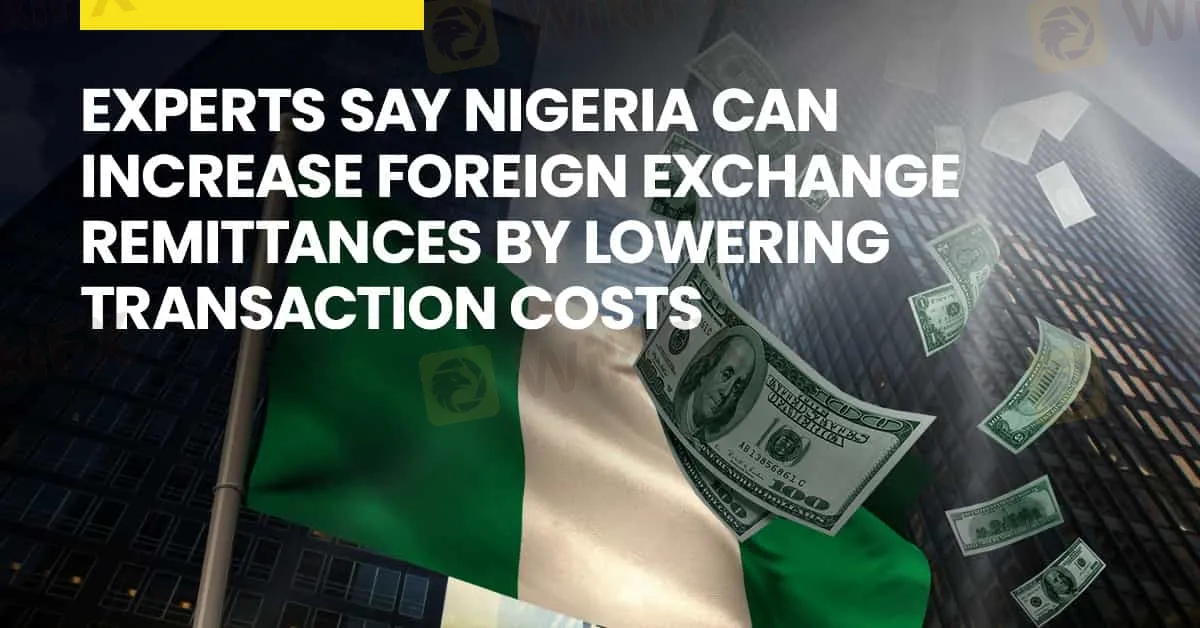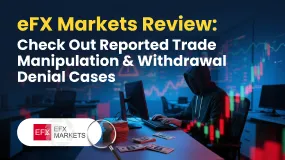Abstract:The foreign exchange market, often known as the currency market, FX is a worldwide decentralized over-the-counter (OTC) market where currencies are traded. The foreign exchange rates for each currency are set by this market. It covers every facet of purchasing, selling, and converting currencies at established or current rates. It is by far the biggest market in the world in terms of trade volume, with the credit market coming in second.

The foreign exchange market, often known as the currency market, FX is a worldwide decentralized over-the-counter (OTC) market where currencies are traded. The foreign exchange rates for each currency are set by this market. It covers every facet of purchasing, selling, and converting currencies at established or current rates. It is by far the biggest market in the world in terms of trade volume, with the credit market coming in second.
Experts have recommended steps Nigeria has to adopt to increase the amount of foreign currency remittances coming into the country.
To encourage the diaspora to send more foreign exchange to Nigeria, one strategy is to lower transaction costs for them.
Stakeholders discussed additional measures at a Central Bank of Nigeria (CBN) roundtable on Wednesday during the World Bank/International Monetary Fund (IMF) Spring Meetings in Washington, DC. These measures included, among other things, offering products that are appropriate for the diaspora community and providing additional options for receiving remittances.
Participants from both local and foreign markets, including Lemfi, Flutterwave, J.P. Morgan, Remitly, VertoFx, Interswitch, BudPay, Makeba, TapTap Send, Visa, Venture Garden Group, and other remittance industry participants, attended the session.
Among the goals the Central Bank of Nigeria (CBN) stated during the meeting are;
CUTTING TRANSACTION COSTS: One of the main topics of discussion was cutting remittance transaction costs, which the CBN recognized as a major impediment to formal inflows. Stakeholders determined that lowering the cost of origination for remittances was necessary to lower transaction costs. There was also agreement on the necessity of encouraging competition in the remittance sector in order to drive down prices. In addition, participants called for the exclusion of Nigeria from the Financial Action Task Force (FATF) and promoted regulatory reforms.
REMITTANCE INFLOWS VIA OFFICIAL CHANNELS SHOULD BE DOUBLED: The CBN has set this as one of its major goals. The participants emphasized the need of strengthening data systems, maintaining consistent prices, offering more ways for people to receive their remittances, offering products that meet the needs of diaspora communities, encouraging new ideas through sandbox programs, and making it simpler for international money transfer organizations (IMTOs) to sell directly into NAFEM.
CREATION OF A STAKEHOLDERS' FORUM ON IMTOS: Concerning this goal, stakeholders pushed for the creation of a special platform for interacting with IMTOs. It was mentioned that the goal of this platform would be to promote cooperation with regulators while educating and organizing the diasporan population.
COMPLIANCE STANDARDIZATION: The CBN emphasized the significance of standardized compliance procedures and pledged to work with authorities and pertinent organizations to improve efficiency, lower friction, and streamline remittance payment channels.
The significance of standardized compliance procedures was emphasized, and the CBN pledged to work with appropriate authorities and regulators to improve efficiency, lower friction, and streamline remittance payment channels.
WHAT YOU OUGHT TO BE AWARE OF
According to World Bank estimates, Nigeria receives $20.5 billion in remittances each year. However, the CBN updated its remittance company regulatory framework in January 2024 in an effort to increase foreign exchange inflows.
The updated standards stipulate that the minimum paid-up share capital of remittance businesses must be N2 billion, and the technical partners of these IMTOs must have a minimum net worth of $1 million.










